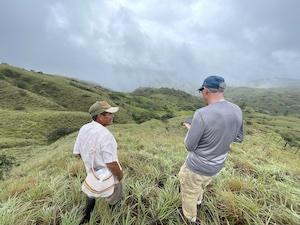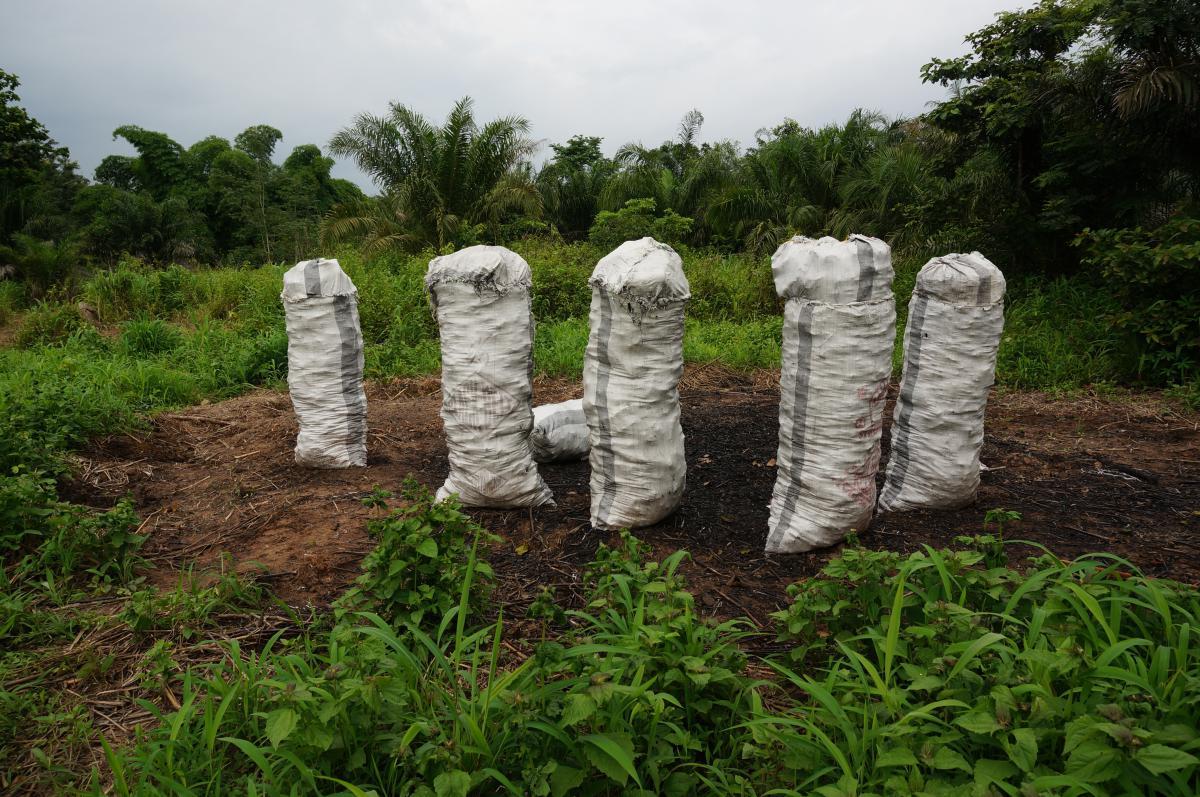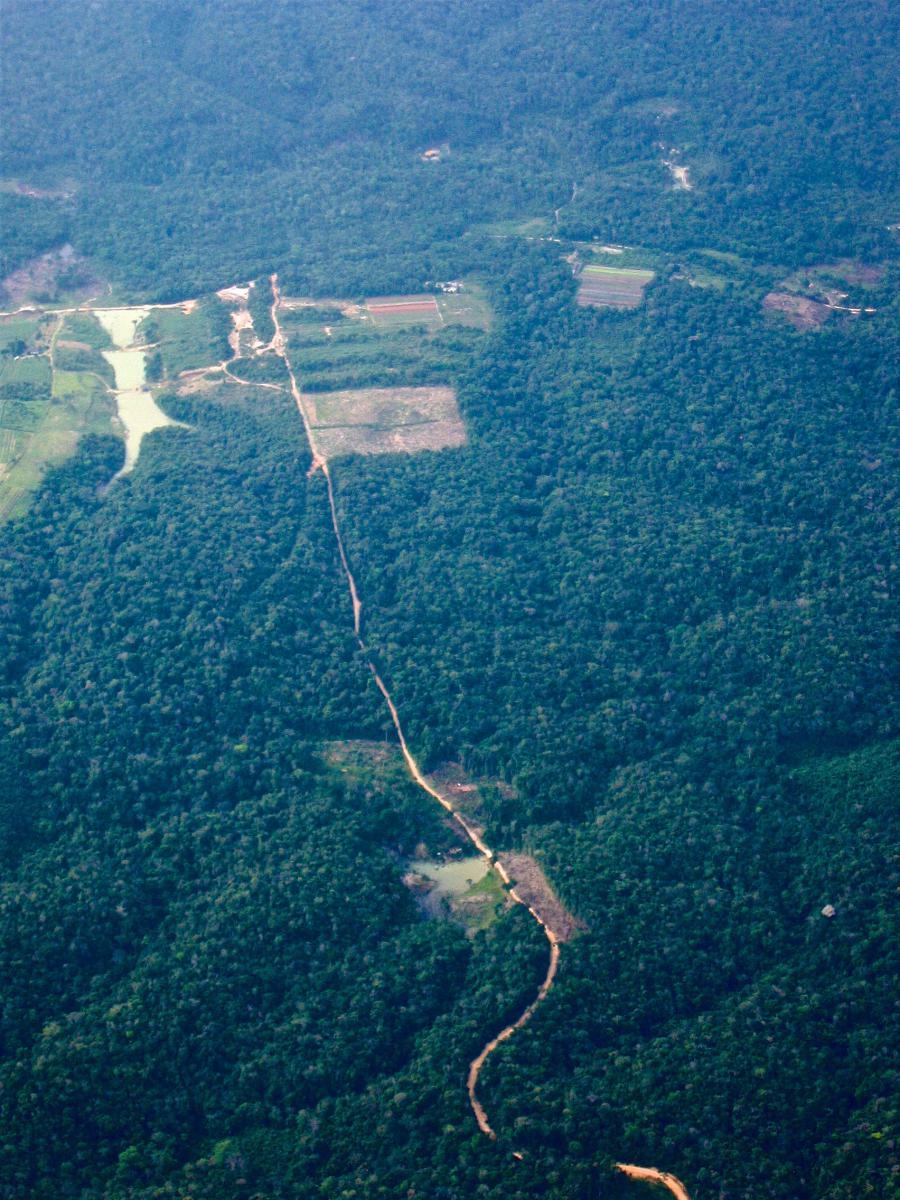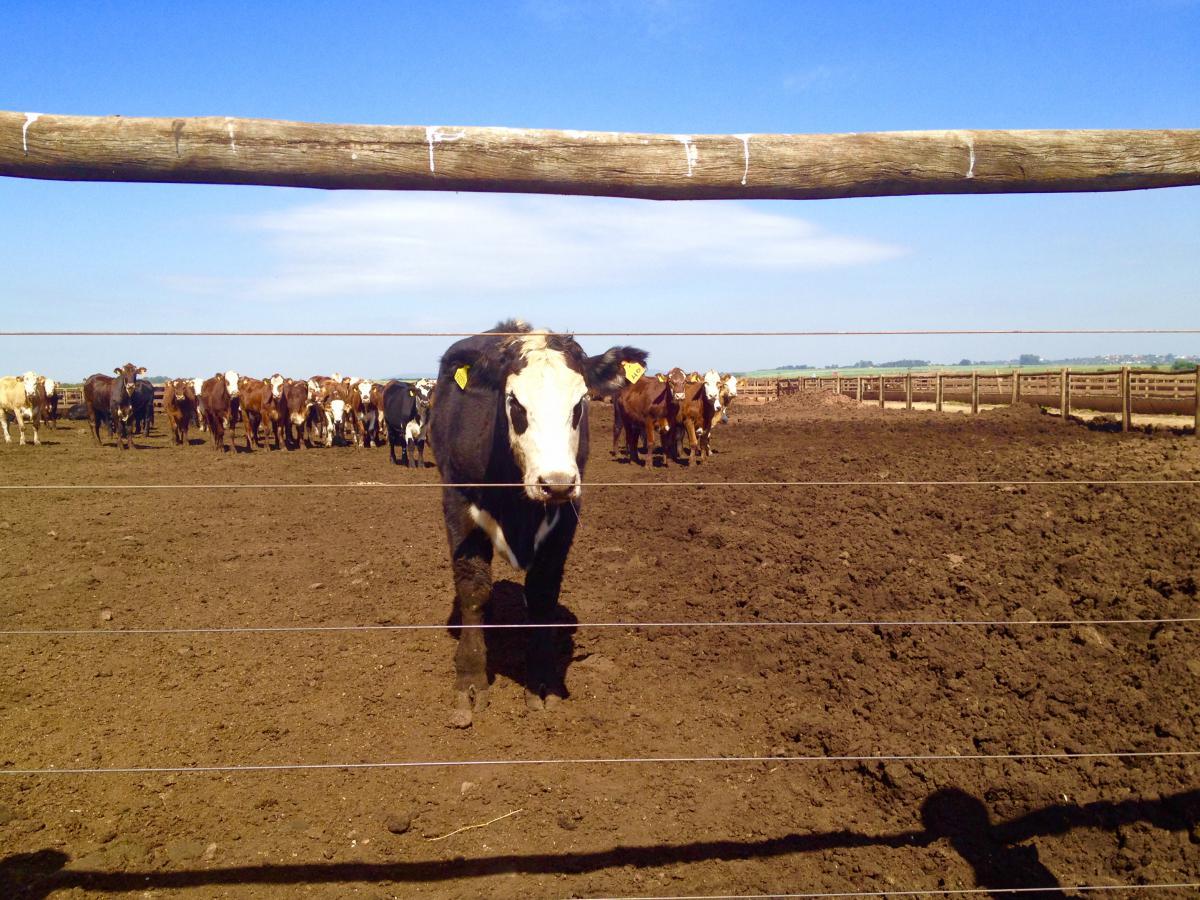
Reforestation in the Ngäbe-Buglé Comarca, Panama: With postdoc Jazmin Gonzales Tovar, and FES PhD student Paula Vargas Lopez, and in collaboration with researchers at the Smithsonian Tropical Research Institute (STRI) and Centro de Estudios y Acción Social Panameño (CEASPA), we are studying the governance challenges associated with a reforestation project in the Indigenous Ngäbe-Buglé Comarca, as well as providing a baseline socio-economic study for future evaluation of the reforestation project's impacts.
FLEGT and REDD+ in Ghana: Forest Law Enforcement, Governance, and related Trade (FLEGT) and Reducing Emissions from Deforestation and Forest Degradation (REDD+) are two international forest governance mechanisms that are shaping forest policy and landscapes in many countries around the world. In past work, I’ve looked at how these two mechanisms will impact small-scale forest enterprises in Ghana, and estimated the programs’ impacts on forest-dependent livelihoods.
REDD+ and resilience in community forests: Due to a growing recognition that community forestry will have an important role to play in REDD+, many REDD+ programs are being implemented around the world in localities that already have community forest institutions. In other places, community forests are being created as part of REDD+ implementation. Given that REDD+ will likely require the modification of existing local institutions, we ask, will REDD+ enhance or diminish communities' abilities to practice adaptive governance and thus their resilience to changing physical, economic, and political landscapes? The FoLIAGe team conducted a systematic review of the literature to answer that question with a meta-analysis of all published studies of REDD+ occurring in community forest areas.
Past project: Certifying sustainability in Brazil: A number of governance mechanisms address socio-environmental challenges associated with commodity agriculture and forestry in tropical forested countries. Third party certification of sustainable production is a widely-used mechanism, to varying degrees of success. In past work, I’ve worked with the Forest Stewardship Council to examine their support to smallholders and communities to achieve and maintain certification. In a multi-institution collaboration, we've looked at at certification and other sustainability initiatives being promoted in the cattle sector in Brazil, as a way to reduce greenhouse gas emissions from cattle ranching.


